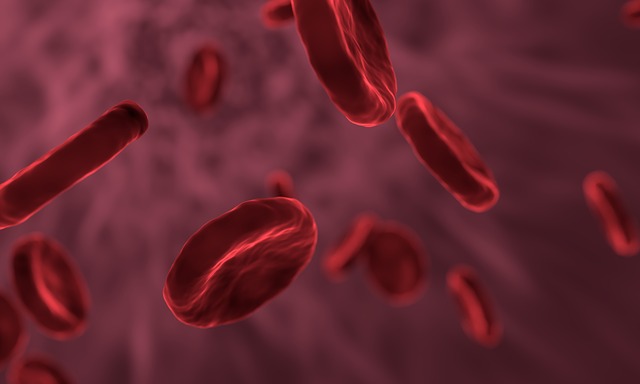Celgene has secured approval from the US Food and Drug Administration (FDA) for its Revlimid (lenalidomide) in combination with a rituximab product (R²) to treat adult patients with previously treated follicular lymphoma (FL) or marginal zone lymphoma (MZL).

Image: Celgene has secured FDA nod for blood cancer drug combo Revlimid plus rituximab. Photo: courtesy of allinonemovie / Pixabay.
Subscribe to our email newsletter
Revlimid plus rituximab is claimed to be the FDA-approved combination treatment regimen for patients with these indolent forms of non-Hodgkin’s lymphoma (NHL), which does not include chemotherapy.
Celgene chief medical officer Dr Jay Backstrom said: “Nearly 15 years following the initial FDA approval, REVLIMID continues to demonstrate benefits for new patient populations.
“REVLIMID in combination with rituximab (R2) leads to immune-mediated treatment effects and represents a chemotherapy-free treatment option that can help patients with previously treated follicular lymphoma and marginal zone lymphoma delay disease progression.”
The approval of R² was based on data from the randomized, double-blind and phase 3 Augment study, which assessed the efficacy and safety of the R² combination against rituximab plus placebo in patients with previously treated FL and MZL.
According to the company, treatment with R2 showed a statistically significant improvement in the primary endpoint of progression-free survival (PFS) in the Augment study. It was assessed by an independent review committee against rituximab-placebo.
A marketing authorization application for R2 is presently under assessment by the European Medicines Agency to treat relapsed/refractory FL and MZL.
The company also submitted supplemental new drug application to the Japanese Pharmaceuticals and Medical Devices Agency for an additional indication, as well as dosage and administration updates for lenalidomide in combination with rituximab to treat relapsed/refractory indolent B-cell NHL.
Augment is a phase 3, randomized and double-blind clinical trial that included patients diagnosed with Grade 1, 2 or 3a follicular lymphoma, who secured at least one prior systemic therapy, were refractory or relapsed, not rituximab-refractory.
The trial’s primary endpoint was PFS, while secondary and exploratory endpoints comprise of overall response rate, durable complete response rate, complete response rate, duration of response, duration of complete response, overall survival, event-free survival and time to next anti-lymphoma therapy.
 Advertise With UsAdvertise on our extensive network of industry websites and newsletters.
Advertise With UsAdvertise on our extensive network of industry websites and newsletters.
 Get the PBR newsletterSign up to our free email to get all the latest PBR
news.
Get the PBR newsletterSign up to our free email to get all the latest PBR
news.

